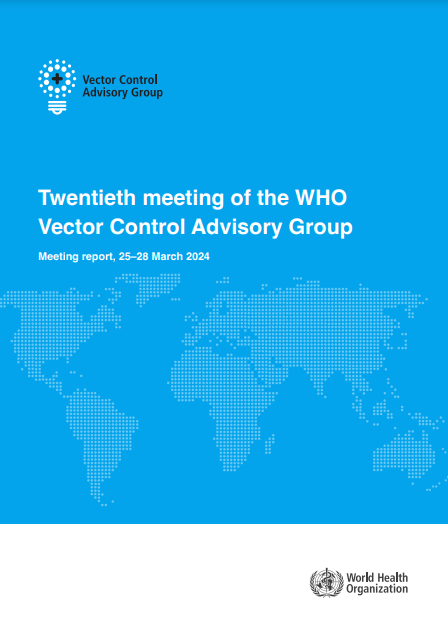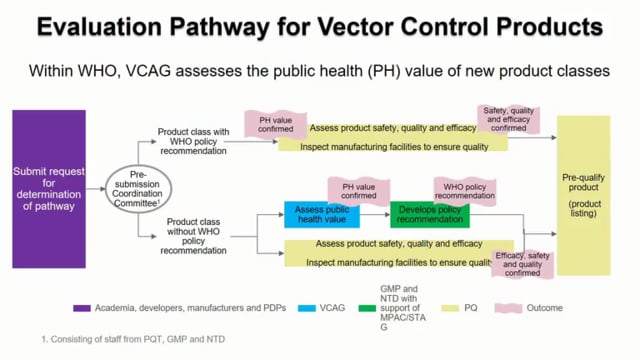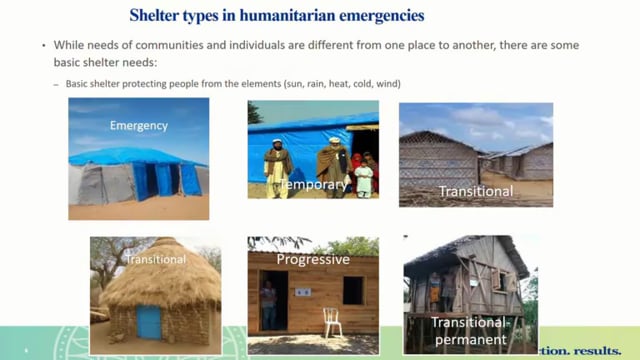Last Updated: 07/02/2025
Advancing Spatial Repellents for Vector-borne Disease Control
Objectives
The project Advancing Spatial Repellents for Vector-borne Disease Control will evaluate slow-release spatial repellents that can be easily deployed in houses and temporary shelters. The repellants are delivered via small, clear plastic sheets hung in strategic spots.
The work includes two clinical trials, one in Kenya and one in Sri Lanka, as well as studies among displaced populations in Mali and in refugee settings in Uganda. Malaria will be the focus in Kenya, Mali and Uganda, and dengue in Sri Lanka.
The malaria parasite and dengue virus are transmitted through the bites of infected mosquitoes.
World Health Organization (WHO) data from 2015-2017 shows no significant progress in reducing global malaria. There were an estimated 219 million malaria cases and 435,000 malaria-related deaths in 2017.
An estimated 50-100 million people are infected with dengue every year.
New vector-control tools are needed to complement methods already being used, such as insecticide-treated bed nets, long-lasting insecticide spraying and prevention drugs.
Article: Evaluation of the protective efficacy of a spatial repellent to reduce malaria incidence in children in western Kenya compared to placebo: study protocol for a cluster-randomized double-blinded control trial (the AEGIS program)Article: Effect of a spatial repellent on malaria incidence in an area of western Kenya characterised by high malaria transmission, insecticide resistance, and universal coverage of insecticide treated nets (part of the AEGIS Consortium): a cluster-randomised, controlled trial
Jan 2019 — Dec 2024
$33.7M


